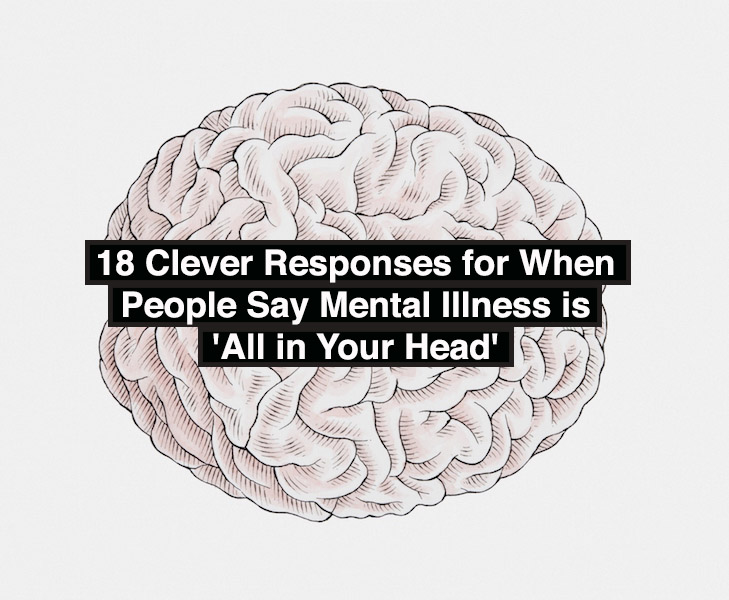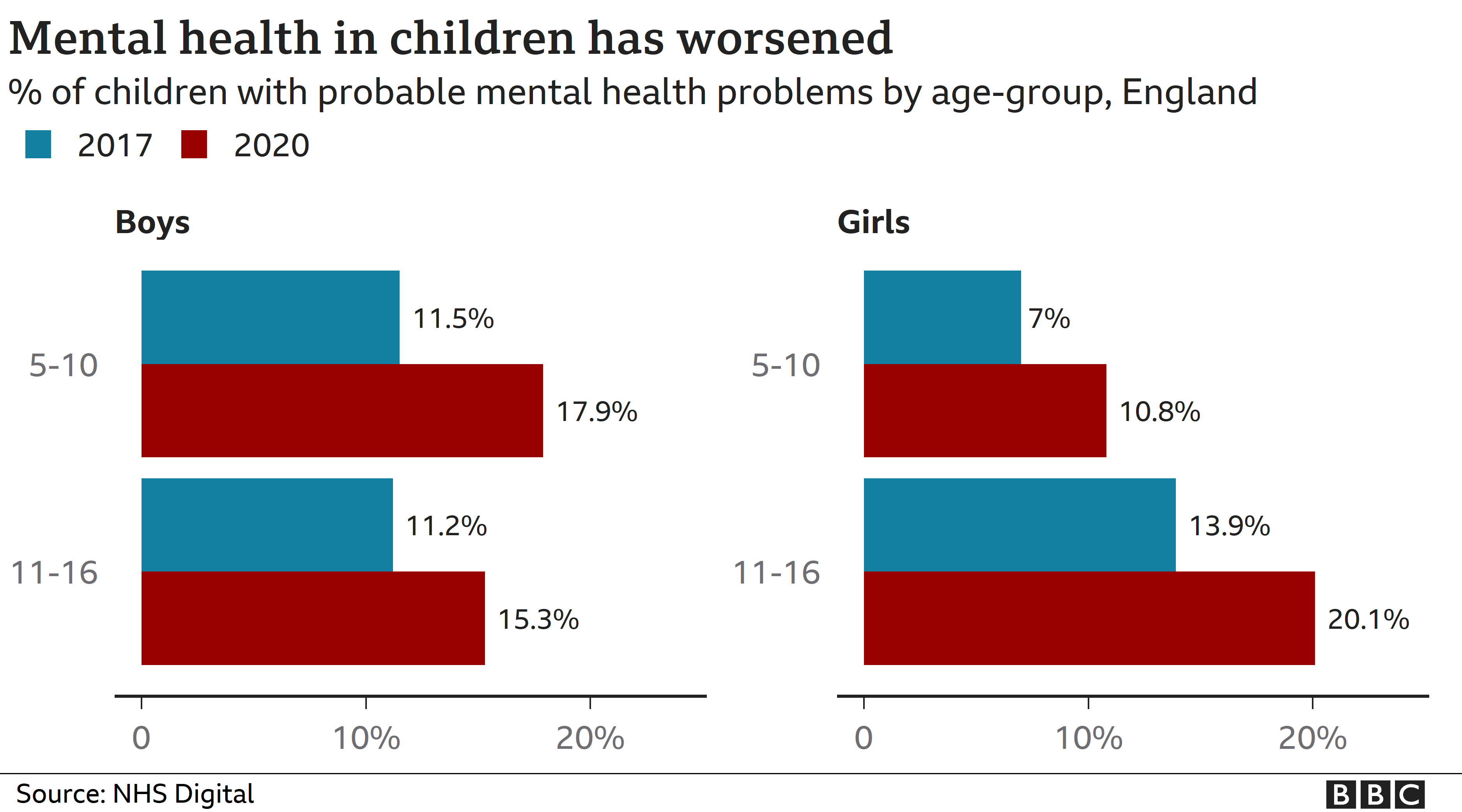You Cant Tell Who Suffers From Mental Health
You Can’t Tell Who Suffers From Mental Health: This statement highlights a crucial truth about mental illness – its often invisible nature. Many struggle silently, their pain hidden beneath a seemingly normal exterior. Societal stigma further compounds the problem, silencing sufferers and hindering early intervention. Understanding the complexities of mental health requires recognizing that outward appearances can be deceiving, and that support is vital for those battling unseen struggles.
The challenges of identifying mental health conditions are multifaceted. Individuals may not recognize their own symptoms, while professionals face obstacles in accurate diagnosis due to the subjective nature of mental illness and limitations in diagnostic tools. Misconceptions and stigma often prevent open conversations, leading to delayed treatment and significant consequences for individuals and society as a whole.
The Hidden Nature of Mental Illness
Mental illness often hides behind a mask of normalcy, making it difficult to identify and address. Many struggle silently, their internal battles unseen by those around them. This lack of visibility is fueled by societal stigma and common misconceptions.
Manifestations of Mental Health Struggles
Mental health struggles can manifest in diverse ways, often without readily apparent physical symptoms. These can include persistent sadness or irritability, changes in sleep patterns or appetite, difficulty concentrating, social withdrawal, increased anxiety or fear, and feelings of hopelessness or worthlessness. The outward presentation can vary significantly depending on the individual and the specific condition.
Societal Stigma and the Invisibility of Mental Health Issues
Societal stigma plays a significant role in the invisibility of mental health issues. Negative stereotypes and prejudices surrounding mental illness prevent open discussion and discourage individuals from seeking help. Fear of judgment, discrimination, and social isolation can lead people to conceal their struggles, perpetuating the cycle of silence and suffering.
Common Misconceptions Surrounding Mental Illness
Misconceptions about mental illness, such as believing it’s a sign of weakness or that people can simply “snap out of it,” contribute to inaccurate identification. Others mistakenly believe that mental illness is only characterized by dramatic or extreme behaviors, overlooking the subtle signs that often precede a crisis. These misconceptions hinder early intervention and appropriate support.
Challenges in Identifying Mental Health Conditions
Recognizing and diagnosing mental health conditions presents numerous challenges, both for individuals and professionals. The subjective nature of mental health experiences and the lack of objective markers often make accurate diagnosis difficult.
Difficulties in Self-Recognition of Mental Health Struggles
Individuals may struggle to recognize their own mental health struggles due to a lack of awareness, denial, or fear of admitting vulnerability. Symptoms can be subtle and easily dismissed as stress or other transient issues. The normalization of certain negative emotions in our culture can further complicate self-diagnosis.
Obstacles Faced by Professionals in Diagnosis

Professionals face obstacles in diagnosing mental health conditions, including the limitations of current diagnostic tools, the diversity of presentations, and the potential for comorbidity (the presence of multiple conditions simultaneously). Accurate diagnosis requires careful consideration of a patient’s history, symptoms, and social context.
Limitations of Current Diagnostic Tools and Methods, You can’t tell who suffers from mental health
Current diagnostic tools and methods, while helpful, have limitations. Diagnostic criteria can be subjective, and relying solely on self-reported symptoms can be unreliable. The lack of objective biomarkers for many mental health conditions further complicates diagnosis and treatment planning.
The Impact of Unrecognized Mental Illness: You Can’t Tell Who Suffers From Mental Health
The consequences of delayed or missed diagnoses of mental illness can be profound, affecting individuals and society as a whole. Untreated mental health conditions can have devastating long-term effects.
Consequences of Delayed or Missed Diagnoses
Delayed or missed diagnoses can lead to increased suffering, impaired functioning, and increased risk of suicide. For society, the impact includes lost productivity, increased healthcare costs, and a diminished overall quality of life for individuals and their families.
Long-Term Effects of Untreated Mental Health Conditions
Untreated mental health conditions can have severe long-term consequences, affecting physical health, relationships, and overall well-being. These can include chronic physical health problems, substance abuse, social isolation, and even premature death.
Impact on Relationships, Work, and Quality of Life

Unrecognized mental health problems can significantly impact relationships, work performance, and overall quality of life. Difficulty concentrating, decreased motivation, and emotional instability can strain personal relationships and hinder professional success. The constant struggle with internal turmoil can lead to feelings of isolation and decreased life satisfaction.
Strategies for Promoting Awareness and Understanding

Raising public awareness and improving mental health literacy are crucial steps in addressing the challenges of unrecognized mental illness. This requires a multi-pronged approach encompassing education, resource provision, and community engagement.
Public Awareness Campaign: Subtle Signs of Mental Illness
A public awareness campaign could utilize various media platforms (social media, television, radio) to educate the public about the subtle signs of mental illness. The campaign could feature real-life stories, expert interviews, and easily digestible information on common mental health conditions and where to find help. The focus would be on reducing stigma and promoting early intervention.
Resources and Support Systems
A comprehensive list of resources and support systems should be readily accessible to those struggling with mental health. This could include helplines, online support groups, mental health professionals’ directories, and relevant websites providing reliable information and self-help tools.
Improving Mental Health Literacy Within Communities
Improving mental health literacy within communities requires integrating mental health education into school curricula, workplaces, and community settings. Workshops, seminars, and public talks could provide opportunities for learning about mental health conditions, recognizing symptoms, and promoting supportive environments.
Personal Narratives and Experiences
Sharing personal narratives can help break down stigma and foster empathy. Fictional narratives can illustrate the challenges and triumphs of living with and overcoming mental health conditions.
Challenges of Living with an Undiagnosed Mental Health Condition
A fictional narrative could follow a character struggling with undiagnosed anxiety or depression. It could depict the character’s internal struggle, their attempts to cope, and the impact on their relationships and daily life. The narrative could highlight the isolation and confusion associated with not understanding one’s own struggles.
Receiving a Diagnosis and Beginning Treatment
The narrative could then follow the character’s journey to receiving a diagnosis and beginning treatment. It could depict the relief of finally understanding their experiences, the challenges of therapy or medication, and the gradual process of healing and recovery.
Positive Impact of Early Intervention and Support
The narrative could conclude with the character’s experience of the positive impact of early intervention and support. It could show their improved well-being, stronger relationships, and increased ability to manage their mental health.
Breaking Down the Stigma
Breaking down the stigma surrounding mental illness requires a concerted effort to change language, attitudes, and societal norms.
Language and Societal Attitudes Contributing to Stigma
The language used to describe mental illness often contributes to stigma. Terms like “crazy” or “insane” reinforce negative stereotypes and perpetuate harmful misconceptions. Societal attitudes that equate mental illness with weakness or moral failing further exacerbate the problem.
Creating a More Inclusive and Supportive Environment
Creating a more inclusive and supportive environment requires promoting open and honest conversations about mental health, challenging negative stereotypes, and fostering empathy and understanding. This involves educating oneself and others about mental health conditions and demonstrating compassion towards those who are struggling.
Promoting Open and Honest Conversations
Promoting open and honest conversations about mental health requires creating safe spaces for sharing experiences, encouraging help-seeking behaviors, and challenging the silence that surrounds mental illness. This could involve implementing mental health awareness campaigns in workplaces, schools, and community centers.
The Importance of Seeking Help
Seeking professional help is crucial for addressing mental health concerns. Early intervention and ongoing support can significantly improve outcomes.
Steps to Seek Professional Help
Individuals can seek professional help by contacting their primary care physician, searching online for mental health professionals, or contacting mental health organizations. They can also reach out to friends, family, or trusted individuals for support and guidance in finding appropriate care.
Effective Treatment Options
Effective treatment options for various mental health conditions include psychotherapy (talk therapy), medication, and lifestyle changes. The specific treatment approach will depend on the individual’s needs and the nature of their condition.
Benefits of Early Intervention and Ongoing Support
Early intervention and ongoing support are crucial for preventing the escalation of mental health problems and improving long-term outcomes. Early treatment can help individuals manage their symptoms, improve their quality of life, and reduce the risk of relapse.
Ultimately, breaking the stigma surrounding mental health requires a collective effort. By fostering open conversations, promoting mental health literacy, and providing accessible resources and support, we can create a more inclusive and understanding society. Recognizing that mental illness can affect anyone, regardless of how they appear, is the first step towards ensuring timely intervention and improved outcomes for those who need it most.
Early intervention and ongoing support are crucial for positive mental well-being, transforming lives and building stronger, healthier communities.
Share this content:
